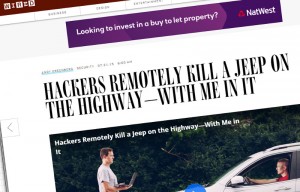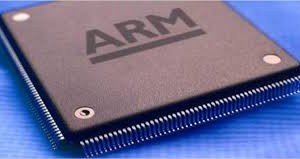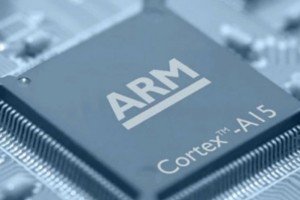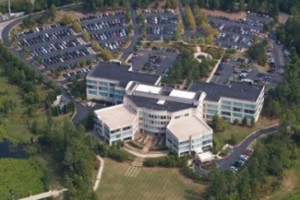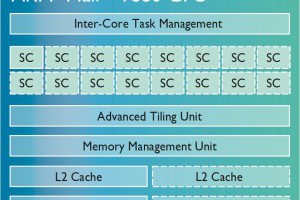The price is thought to be somewhere around $90 million.
Sansa, which was called Discretix until last October, has had $37 million of venture capital money and is backed by both Sequoia and Accel, among others.
Car-hacking demonstrations have recently shown the vulnerability of mobile connections to hackers. Software solutions are widely seen as only temporary because hackers find their way round them. Sansa’s approach is via hardware which physically isolates sensitive operations from the apps processor.
“Any connected device could be a target for a malicious attack so we must embed security at every potential attack point,” says ARM’s CTO Mike Muller. “Protection against hackers works best when it is multi-layered, so we are extending our security technology capability into hardware subsystems and trusted software. This means our partners will be able to license a comprehensive security suite from a single source.”
“Sansa has a hardware subsystem that adds additional isolation of security operations from the main application processor,” says ARM. “this is complemented by software components operating on top of trusted execution environments to perform security-sensitive operations.”
Sansa says its technology is in devices sold in quantities on 150 million units a year.
According to ARM, the deal complements the ARM security portfolio, including ARM TrustZone technology and SecurCore processor IP.
See also: What is… a Trusted Execution Environment (TEE)
 Electronics Weekly Electronics Design & Components Tech News
Electronics Weekly Electronics Design & Components Tech News
